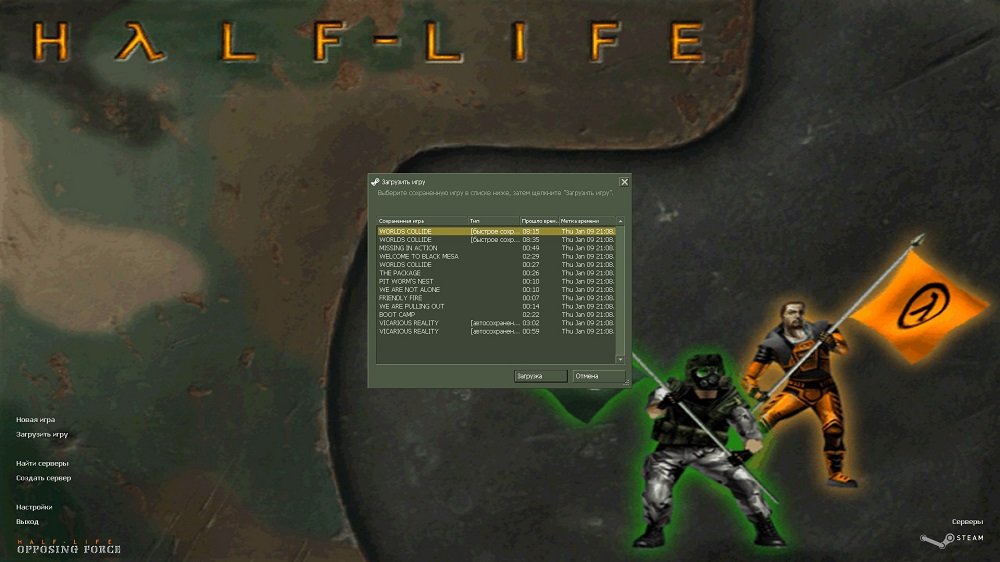

Conversely, participants who merely read about another person's selfcontrol exerted more willpower than did those who read about actions not requiring self-control. In Study 2, participants who took the perspective of a person using self-control exerted less willpower on an unrelated lexical generation task than did participants who took the perspective of a person who did not use self-control. In Study 1, participants who simulated the perspective of a person exercising self-control exhibited less restraint over spending on consumer products than did other participants. Here, we consider how simulating versus merely perceiving the use of willpower can affect self-control abilities. But what are the consequences of perceiving other people's use of self-control? Mentally simulating the actions of others has been found to elicit psychological effects consistent with the actual performance of those actions.

Acts of self-control may deplete an individual's self-regulatory resources.


 0 kommentar(er)
0 kommentar(er)
